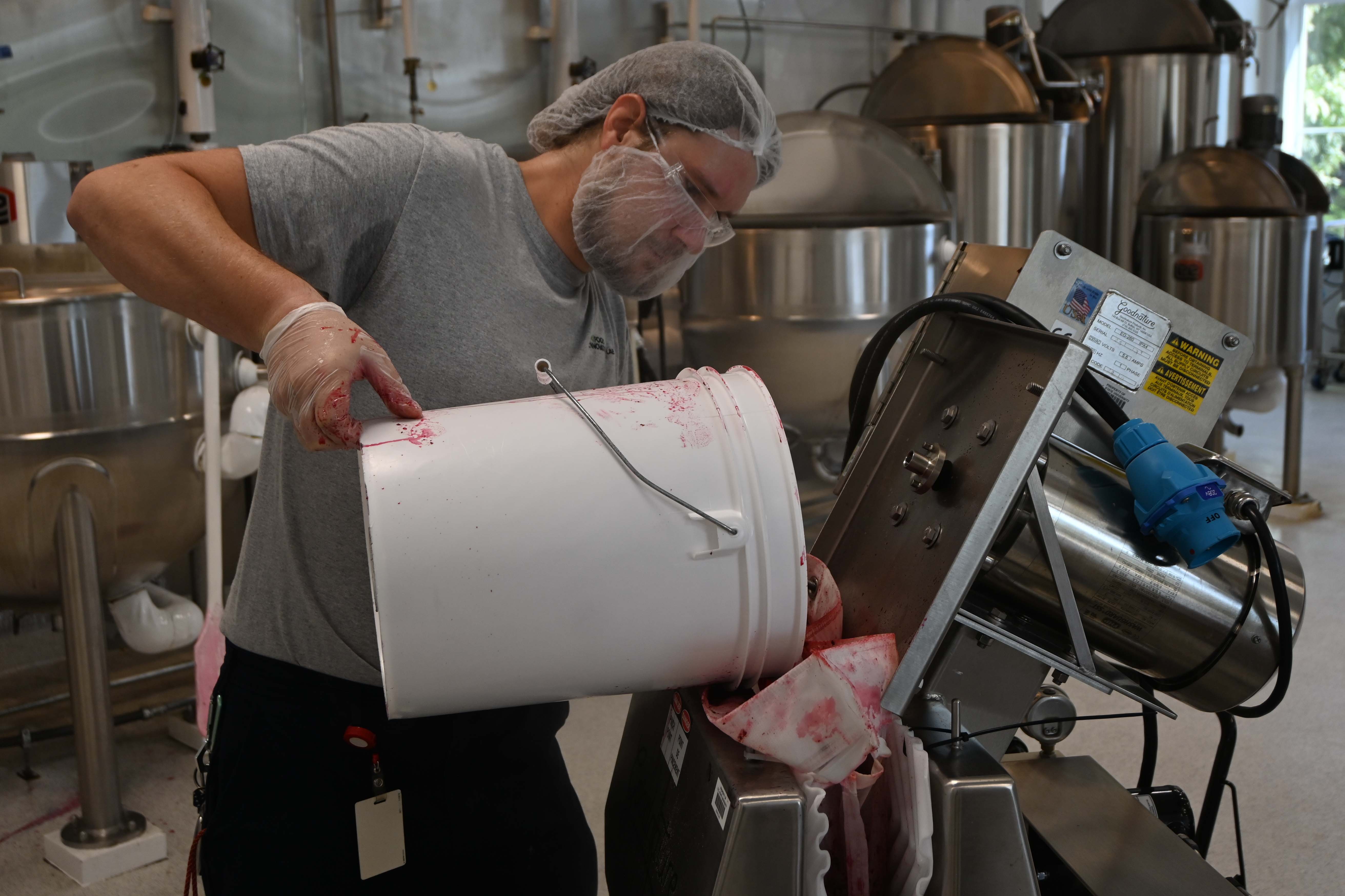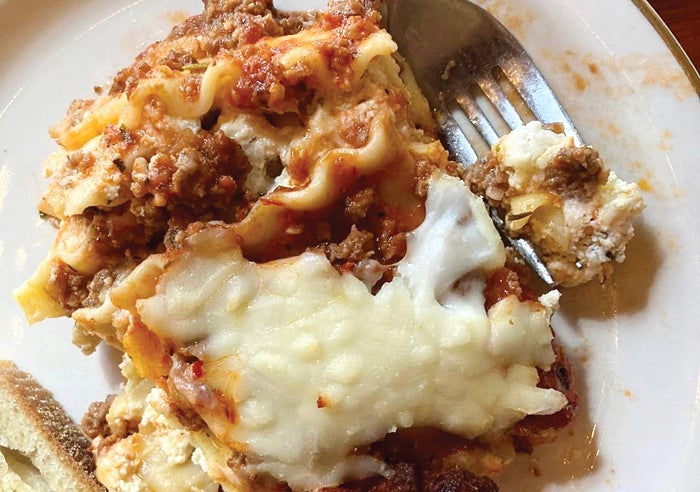Danelle Cutting: Brine a turkey and it will cook faster
Published 12:00 am Tuesday, November 18, 2014

- Cooperative Extension Danelle Cutting brined her turkey before cooking it. Brining adds flavor and reduces cooking time slightly.
By Danelle Cutting
Rowan Cooperative Extension
Cooperative Extension agents are experimenting. Recently, a few Extension agents prepared turkeys in three styles: brined, deep fried and traditional roasting.
Let me say that this was an exciting day to work. Family Consumer Science Agent Toi Degree was in charge of safety and preparing the traditional roasted turkey. Livestock Agent Thomas Cobb deep fried a turkey and I brined a turkey.
Each turkey was cooked to perfection. They were all juicy and moist. We had hoped to do a taste test, but each was so unique and delicious that it was too difficult to compare them. To recreate any of these turkeys, it is wise to plan ahead to ensure that your turkey is thawed, especially if deep frying since it can be dangerous. For our turkeys, we allowed five days of thawing in the refrigerator.
For Toi’s roasted turkey, she sprinkled garlic powder, salt and pepper to taste. Then, she roasted the turkey until the thermometer registered 165 degrees. Toi cooked only the breast, which had a pop-up thermometer. This is not the best method to determine the temperature of your turkey, as the pop-up thermometer popped before the 165 degrees was met. Toi’s turkey breast took a little over an hour and was moist and flavorful.
Thomas Cobb’s turkey was patted dry to make sure there was no excess moisture. He deep fried his turkey in peanut oil. His cooked in less than 45 minutes and was equally hot and tender. We generously applied a premade Caribbean Jerk spice rub after his turkey had finished cooking. It was simply delicious.
For my turkey, I brined it for three days using this recipe from Allrecipes.com:
Ingredients:
1 (12 ounce) can orange juice concentrate, thawed
1 orange, sliced
1 lemon, sliced
1 lime, sliced
1 Tbsp. dried thyme
1 Tbsp. ground black pepper
3 cloves garlic, minced
2 bay leaves
1 cup kosher salt
1 1/2 gallons water
Directions:
Combine orange juice concentrate, orange slices, lemon slices, lime slices, thyme, pepper, garlic, bay leaves, salt and water in a large stockpot; bring to a boil. Remove from heat, and allow cooling to room temperature.
Wash and dry your turkey. Make sure you have removed the giblets. Place the turkey, breast down, into the brine. Make sure that the cavity gets filled. Place the bucket in the refrigerator. Allow turkey to marinate 1 to 2 days before cooking. Remove the turkey carefully. Drain and discard the excess brine, and pat dry.
Cook the turkey as desired, reserving the drippings for gravy. Keep in mind that brined turkeys cook 20 to 30 minutes faster.
I doubled the fruit, thyme and bay leaves. I even added a chopped onion to the mix. I also enjoy making a thyme, butter and garlic spread by using 1 Tbsp. thyme, one stick of melted butter, and 1 Tbsp. garlic powder. I combined it all and spread generously on the turkey once I had put it in the oven. I also marinated the turkey for two and a half days to give it a great flavor. I also used turkey stock for basting the turkey to make sure it stayed tender.
November is turkey season, and it seems like there are turkey sales everywhere. If you would like to get a locally raised turkey, the Salisbury Farmers’ Market has plenty to choose from, and they are even doing a drawing this Saturday for a free turkey.
Two Pigs Farm has a great selection and some heritage breeds to choose from. Wild Turkey Farm is handing out their pre-ordered turkeys. If turkey is not for you, the market also has duck, guinea, pork and seafood.
I hope this has inspired you to test the different styles of cooking or create your own recipe. Maybe next year, we can do a taste testing for the public.
If you are interested in deep frying, traditional roasting, brining turkeys or trying to find a local market to purchase turkeys, contact one of your local Cooperative Extension agents: Thomas Cobb, Toi Degree or Danelle Cutting at 704-216-8970.






